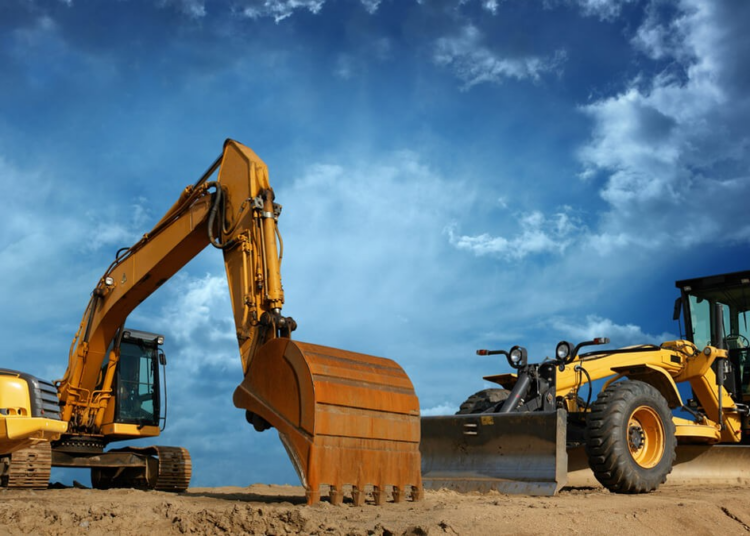One of the profitable enterprises that shows no signs of slowing down anytime soon is the rental of construction equipment.
This has proven to be a highly profitable venture as it involves the temporary leasing of heavy machinery and tools used in construction projects, such as excavators, bulldozers, cranes, and more.
The demand for these rentals has been steadily increasing, which a source in the construction sector attributes to the rising costs associated with purchasing and maintaining such equipment.
Additionally, renting allows for greater flexibility in terms of project needs and budget constraints. As a result, many companies have capitalised on this lucrative market by offering a wide range of equipment options, competitive pricing strategies, and exceptional customer service.
One of the significant advantages of renting construction equipment is that it eliminates the need for long-term investments in expensive machinery, which only a few possess the means to purchase outright. Some are sold between N30million and N90million or even beyond, depending on size and model. So instead, customers pay only for the time they use the equipment, thereby, avoiding maintenance costs associated with ownership.
A leasing construction equipment firm in Lagos says the kind of work and area where the equipment will be used determine how they rent out the equipment.
The firm based on Lagos island says, excavators and cranes are what the majors work on. “Before we release our crane for work, we come there to examine the place where the crane will stand because one thing about cranes is getting a perfect position where it will be mounted before use, and there are also different sizes such as 50, 70, 100, and 200 tonnes of crane.
“For the 50 tonnes, the price is N700,000 for eight hours. For an excavator, the price is N290,000 for eight hours. Imagine leasing out a crane of 50 tonnes working for 10 days, which will bring in N7 million, and an excavator leased out for 10 days, which is N2.9 million,” he says.
Advice
In order to ensure the longevity of construction equipment, it is essential to engage in regular maintenance practices following its leasing. This not only helps prevent frequent breakdowns but also ensures that the equipment is operating at optimal levels. Neglecting proper maintenance can lead to costly repairs and downtime, which can negatively impact project timelines and budgets.
Regulation
The law mandates that all corporations conducting business within the nation must procure legal authorisation through registration with the Corporate Affairs Commission (CAC).





